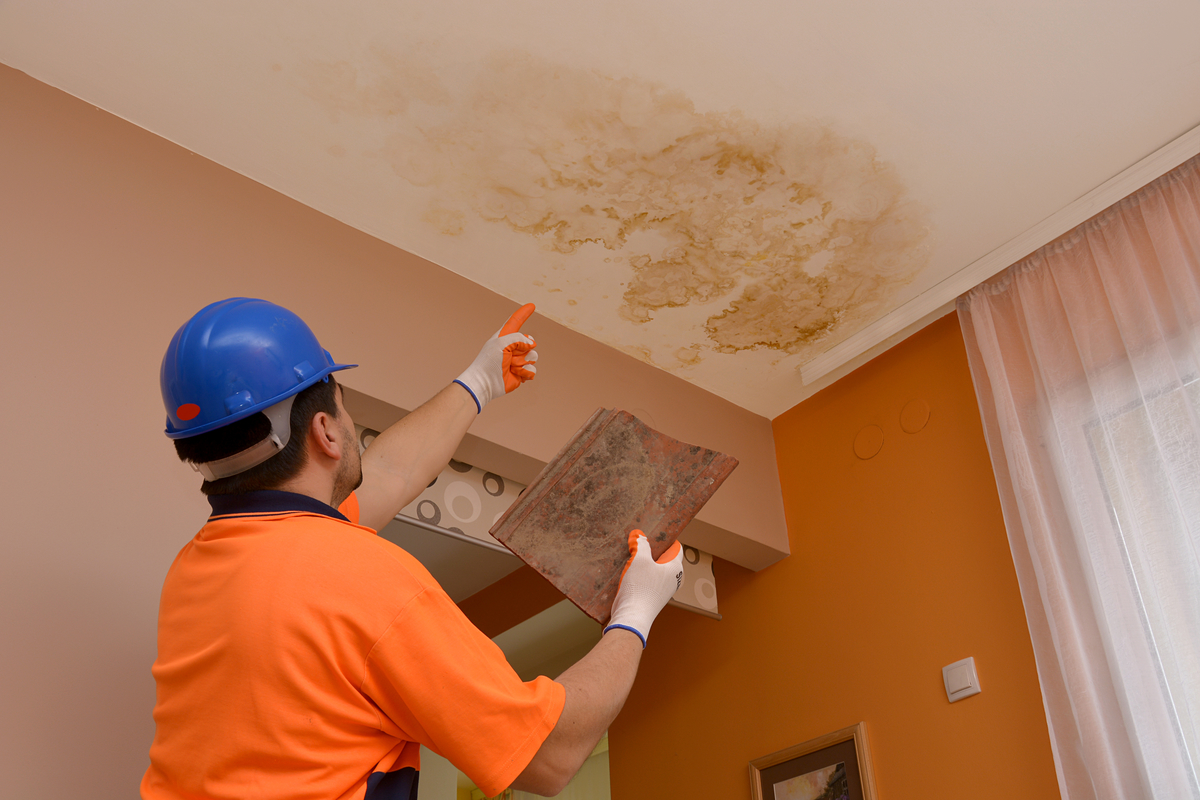Understanding The Factors Behind Water Leakage Occur So Often Within Your Residence
Understanding The Factors Behind Water Leakage Occur So Often Within Your Residence
Blog Article
Just how do you really feel in relation to How to detect water leaks in your home?

Leaks not only trigger waste of water but can additionally create unnecessary damage to your residence and also promote unwanted organic growth. By understanding and looking for day-to-day scenarios that create leaks, you can shield your residence from future leakages and unnecessary damages.
Instant temperature changes.
Extreme temperature level changes in our pipelines can trigger them to expand and acquire all of a sudden. This expansion and tightening might create splits in the pipes, particularly if the temperature level are below freezing.
Rusty water systems
This may be the reason of staining or bending on your water pipes. If our plumbing system is old, think about changing the pipes since they are at a higher risk of rust than the more recent models.
Defective Pipeline Joints
The factor at which your pipelines connect is often the weakest link in the waterline. Pipeline joints can degrade in time, resulting in water leakages. The bulk of pipe joints are not quickly visible. If you have noisy pipes that make ticking or banging sounds, particularly when the hot water is switched on, your pipe joints are possibly under a lot of pressure. It is a good idea to have your plumber examine your system yearly.
Encroaching roots
A lot of water leaks begin outside the house as opposed to inside it. If you see a sudden decline in water pressure, claim in your tap, require time to head out as well as analyze your yard. You may notice wet spots or sinkholes in your lawn, which might indicate that tree roots are getting into water lines causing water to seep out. You can have your plumber check for invasion, specifically if you have trees or bushes near your residential or commercial property.
Poor Water Connectors
At times, a leakage can be caused by loose pipes as well as pipelines that supply your home appliances. Most of the time, shifting is what causes the loosened water Connections. You could locate when it comes to a washing equipment, a hose pipe might spring a leak because of drinking during the spin cycle. In case of a water links leak, you may notice water running directly from the supply line or puddles around your appliances.
Obstructed Drains
Obstructed drains pipes may be annoying and also inconveniencing, yet they can often end up causing an overflow bring about rupture pipes. Maintain eliminating any products that may decrease your drains pipes that might clog them to prevent such troubles.
All the above are sources of leakages but not all water leaks result from plumbing leaks; some leakages could originate from roofing leakages. All leakages should be repaired quickly to prevent water damages.
Leaks not only trigger waste of water yet can additionally cause unnecessary damage to your house as well as advertise undesirable organic growth. By recognizing and also looking for day-to-day scenarios that trigger leaks, you can safeguard your house from future leaks and also unneeded damage. Today, we will look at 6 leakage triggers that may be creating your pipes to drip.
At times, a leakage can be triggered by loose tubes as well as pipes that provide your appliances. In instance of a water links leak, you might notice water running straight from the supply line or puddles around your appliances.
How To Check For Water Leak In Your Home
How To Check for Leaks
The average household's leaks can account for nearly 10,000 gallons of water wasted every year and ten percent of homes have leaks that waste 90 gallons or more per day. Common types of leaks found in the home are worn toilet flappers, dripping faucets, and other leaking valves. These types of leaks are often easy to fix, requiring only a few tools and hardware that can pay for themselves in water savings. Fixing easily corrected household water leaks can save homeowners about 10 percent on their water bills.
To check for leaks in your home, you first need to determine whether you're wasting water and then identify the source of the leak. Here are some tips for finding leaks:
Take a look at your water usage during a colder month, such as January or February. If a family of four exceeds 12,000 gallons per month, there are serious leaks.
Check your water meter before and after a two-hour period when no water is being used. If the meter changes at all, you probably have a leak.
Identify toilet leaks by placing a drop of food coloring in the toilet tank. If any color shows up in the bowl after 10 minutes, you have a leak. (Be sure to flush immediately after the experiment to avoid staining the tank.)
Examine faucet gaskets and pipe fittings for any water on the outside of the pipe to check for surface leaks.
Undetected water leaks can happen without the home or business owner even realizing. If you suspect a water leak, but not able to find the source. It is time to contact a professional water leak detection service, The Leak Doctor.
How To Find a Water Leak In Your Home
https://www.leakdoctor.com/blog/How-To-Check-For-Water-Leak-In-Your-Home_AE197.html

I have been very intrigued by How to detect water leaks in your home and I hope you enjoyed my post. Those who liked our article plz do not forget to share it. We love reading our article about Common Water Leaks In House.
Call for peace of mind! Report this page